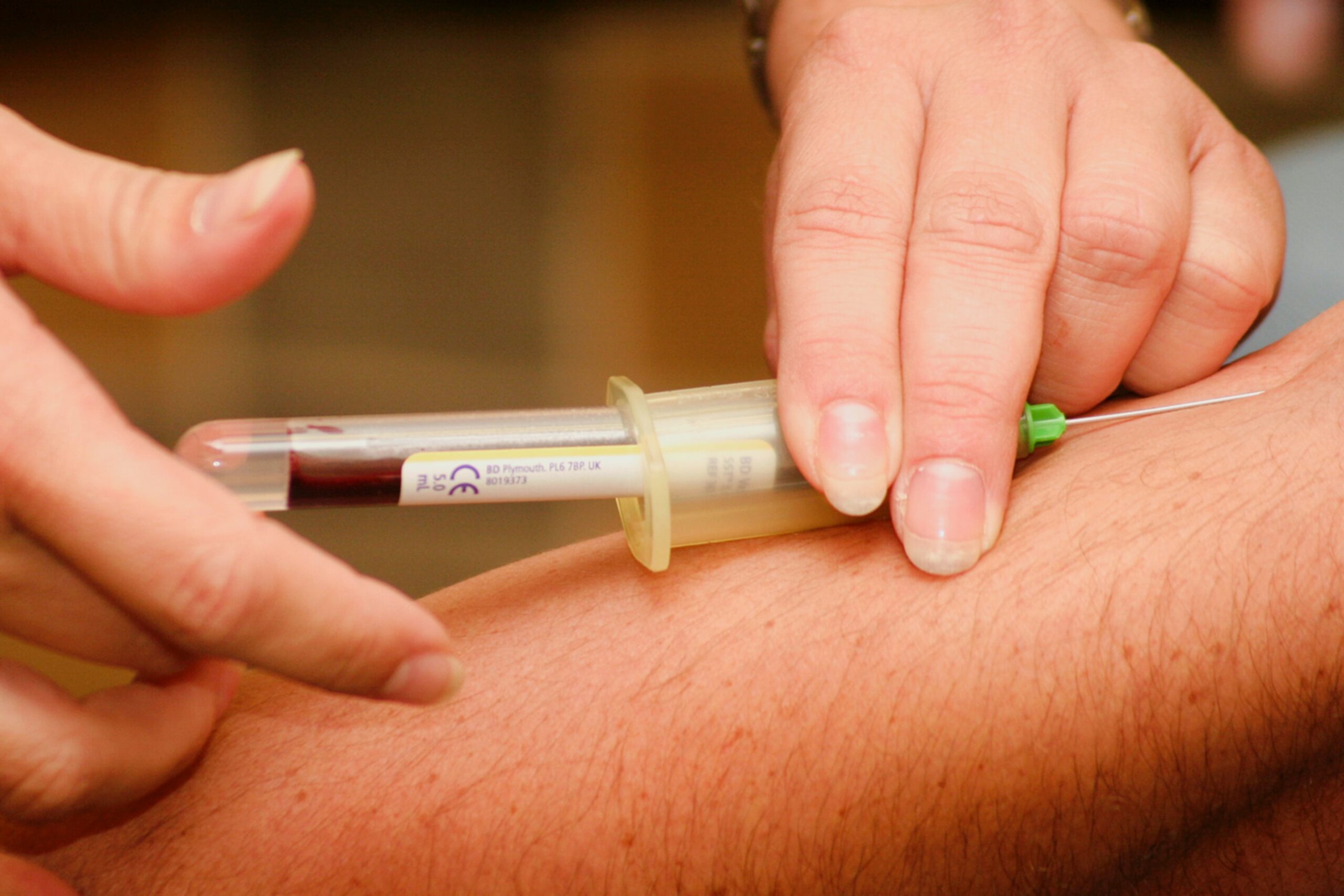4 March 2021
Reflections on the vaccination programme, and beyond
By Paul Branch
 Last week’s Prime Minister’s Questions in the House of Commons was illuminated greatly by Boris Johnson’s pointed retort to Keir Starmer: “He vacillates, we vaccinate!” Brilliant … well done young hirsute Sir, and well done indeed to whichever speech writer thought that one up. Such bon mots are to be treasured, and the ironic use here of a French phrase will not go unnoticed as a deliberate British Bulldog two fingers to those across the Channel who had the temerity to doubt the efficacy of our Great British vaccine. If it’s good enough for our Queen (assuming she did get the AstraZeneca/Oxford jab and not the Pfizer), it should be more than good enough for the likes of Macron, Merkel, and even Markle had she still been around, as well as all foreign older folk.
Last week’s Prime Minister’s Questions in the House of Commons was illuminated greatly by Boris Johnson’s pointed retort to Keir Starmer: “He vacillates, we vaccinate!” Brilliant … well done young hirsute Sir, and well done indeed to whichever speech writer thought that one up. Such bon mots are to be treasured, and the ironic use here of a French phrase will not go unnoticed as a deliberate British Bulldog two fingers to those across the Channel who had the temerity to doubt the efficacy of our Great British vaccine. If it’s good enough for our Queen (assuming she did get the AstraZeneca/Oxford jab and not the Pfizer), it should be more than good enough for the likes of Macron, Merkel, and even Markle had she still been around, as well as all foreign older folk.
Our Great British vaccination programme just keeps rolling along, to the envy of most of the rest of the world and to the obvious relief of our leaders. More than 20 million arms jabbed now, close to half a million a day when the wind’s in the right direction, and everyone will get one if not two doses by the summer, on schedule. All’s well in the vaccination centres then …. but there’s a sad snag. There are specific demographic groups who are way off the pace in vaccine take-up, namely: some of our own elderly folk with a less than fluent grasp of English who have not had the message adequately explained to them (not a criticism, it’s just the way things are); a younger set who have been toiling valiantly on our behalf in the NHS but can’t quite get their heads round how we’ve been able to produce a safe vaccine in less than one year, whereas it used to take many years of development and testing; and generally those of any age group who do not read newspapers or get their information from traditional broadcast services but instead rely totally on Donald Trump’s lifeblood, social media, where all manner of nonsense seems to prevail.
It’s reported that around 25% of NHS staff in London do not want the vaccine. In and around our local Cotswolds area there is anecdotal evidence that even ambulance paramedics are of a similar mind, despite the protection it affords them when they come in close contact with infected patients. By most standards these people are neither mad nor stupid, but the scaremongering and fake news that abounds in the media that are important to them gives rise to a big problem of trust on the back of doubt or indecision. And if their mates also believe it, the peer pressure must be enormous not to step out of line and accept the jab.
We’ve seen what can happen when the media gets out of control … or maybe “control” isn’t the right word when there seems to be so little of it. Runs amok would possibly be a more accurate description, with America as a prime example although perhaps the British press set the original low point with the hacking scandals of ten years ago. No one it seems trusts the mainstream press, or now not even the broadcasters. The BBC is still said to be our most trusted national news medium but the absolute level of trust is way down on what it once was – a great pity considering the amount of diversity it puts out over the airwaves, quite apart from its mainstay news bulletins and Question Time. There is a school of thought that suggests news media should provide accurate, verifiable information rather than opinions, and that it is for us, the recipients, to look at diverse sources of news and then to form our own opinions based on our own abilities and biases. But that doesn’t seem to be a completely satisfactory solution.
Many of us have no trust in the media, and even less in politicians where the problems also date from some ten years ago with the scandal of MPs’ expenses. Donald Trump has become the master manipulator of the sound bite (or byte when texting), but it was in the era of Tony Blair that such forms of communication really gained traction. Perhaps the original idea was sound enough – give the voters the information they need in its most accessible and understandable form, hopefully without being seen to talk down to them, and move on to the next topic.
But on reflection maybe communications at that level has been around for a good while longer and has its origins in Prime Minister’s Questions. I’ve often wondered about the point of PMQs. In my youthful naivety I imagined them to be one of those rare opportunities for our elected representatives to hold to account the government and its leader. The reality seems to be far more mundane and indeed childish – it greatly resembles a playground slanging match coupled with more than a sprinkling of sycophancy, where points scored are to be treasured and recorded in the next day’s press coverage. Tricky questions are avoided at all costs and if possible turned around as a question to the questioner. Play to the gallery and to your own supporters. At times it seems that Boris forgets that his party is in government, that he is its leader (until reminded of the real world by the Speaker), and that the Opposition parties are there to oppose, not necessarily to promote policies of their own (at least not until elections loom).
It’s no wonder then that an embarrassingly large group of our population, lacking trust in traditional media and in our politicians, may well remain outside the protection of our blessed vaccines, and in effect hold back the herd immunity we all crave. Ethnic community leaders and celebrities are making valiant attempts to persuade those who trust and respect them to take up their vaccination invitations. Her Majesty herself has also joined the debate. Hopefully those hesitant medical staff and carers will be persuaded eventually by their colleagues to get vaccinated. Prince William and even more celebrities are reaching out to the younger generation in an effort to convince them.
But is it enough for the teenagers of today, who may end up as the super spreaders of tomorrow if they are not convinced that social media only gives them distorted views of the world? This really does call for a mammoth effort to broaden their horizons, get their noses out of some of the media applications on their tablets and smartphones, and persuade them to start looking at the wider world of news. Maybe get back to reading books as well.
Sadly, but maybe quite rightly in the absence of reasonable mechanisms to preserve press standards, we can’t pass the buck and leave it all to those we seem to trust the least, politicians and the news media. Perhaps it’s we more mature folk who need to get our act together, stop vacillating over what to do, and take a much more active role in talking to younger members of our families about the issues of the day and how these might relate to them. And if that doesn’t work, in the absence of the no longer available more traditional persuasion of a sharp clip round the ear, just threaten to leave them out of the will.
Tile photo: Hush Naidoo at Unsplash


